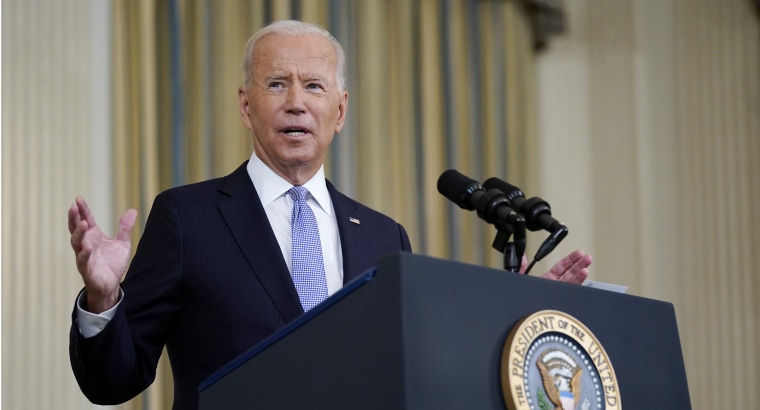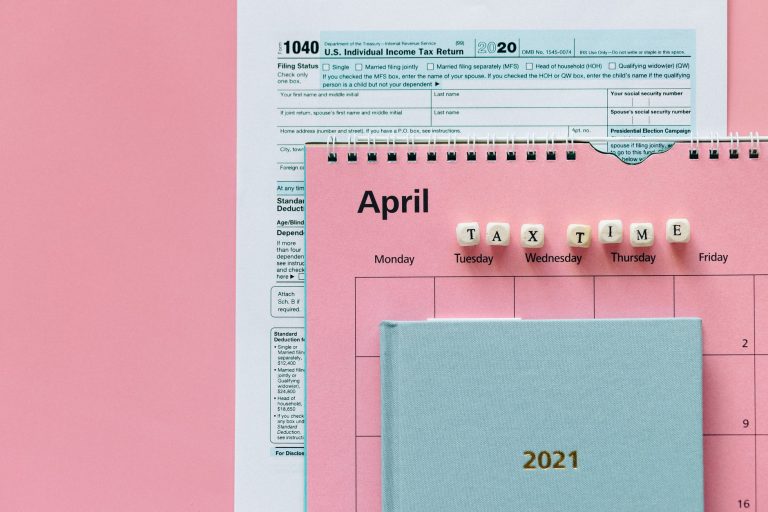According to three people who are briefed on the White House’s position and its recent communication with outside groups, President Joe Biden has assured Senate Majority Leader Chuck Schumer and House Speaker Nancy Pelosi that he is ready to push for filibuster reform. Many Democrats hope that his approval of an amendment to the Senate filibuster – which senators have been talking about for hours – will grease the wheels on a key progressive priority.
At this point in the campaign, it was up to Senator Democrats to rally support for filibuster reform and pass a new version of the Peoples Act. As with any bill in Congress, Senate Democrats would have to amend the filibuster – a must for both parties if it is to pass – and new voting rules for Republican votes. This time, Democrats do not have the 50 votes in the Senate that would be needed to repeal the filibuster, and there are prominent wards who support an effective supermajority to pass bills.

Senator Joe Manchin III, a Democrat from West Virginia and a leading opponent of ending the filibuster, said he would welcome the idea but would need to talk more about it. Biden has never voted against the filibuster, and his position on the issue is far from balanced. But he has said he would be comfortable wooing Republican votes.
A growing number of Senate Democrats believe filibuster talks would make it more difficult for Republicans to block key bills. Democrats say they are unwilling to press ahead with an attempt to overhaul the filibuster rules because they currently lack the votes in their own party. But many Democrats worry that the filibuster could block important agenda items such as a vote on rights and immigration reform, and are pressuring Democrats to use their majority to scrap the filibuster or change the rules.
Biden has resisted the calls by Sharpton and other prominent civil rights leaders to scrap the filibuster, the centuries-old legislative tool that requires 60 votes to advance most of the legislation in the Senate, but he agrees with the characterization of the filibuster as a relic of Jim Crow era. The filibuster has long been seen as an insurmountable obstacle to Democrats “right to vote.
President Joe Biden’s refusal to call for changes to Senate procedures known as filibusters and the promise of greater personal involvement in passing voter rights legislation reinforce long-standing concerns among many supporters that he will do more to pass his economic plans and bipartisan infrastructure deals than to counter red-state offensives on voter access. Others see Biden’s approach as an implicit admission that he is unlikely to convince Democratic backers, led by Senator Joe Manchin of West Virginia and Senator Kyrsten Sinema of Arizona, that changing the Senate filibuster is a necessary condition for passing a new federal election law. When Biden takes office, he will face pressure from progressives to target the filibuster, a Senate rule that allows a party to block legislation in which it does not have a majority.
With the Senate set to vote on a sweeping election rights and anti-corruption law, President Joe Biden and his advisors in recent weeks said he is under pressure from the rebel Democratic Congress to support the filibuster reforms necessary to pass legislation. Biden said Tuesday that he supports an amendment to the Senate filibuster rule that requires senators to speak before presenting a bill – the first time he has publicly supported reforming the process, which the White House has opposed for weeks. The former vice president endorsed reforms that would eliminate the filibuster on Tuesday, though Senate Minority Leader Mitch McConnell warned that ending the filibuster by Democrats would stall the agenda of the Democratic President.
Jean-Pierre declined on Sunday to comment on a Rolling Stone report that US President Joe Biden had told Senate Majority Leader Chuck Schumer, a former Senate colleague and fellow Democrat, that he was willing to push for filibuster reform. White House spokeswoman Jen Psaki announced earlier this month that the Bidens did not want to change the filibuster rules of the US Senate.
The 100-member chamber is evenly divided between Republicans and Democrats. The Senate is divided 50-50, with vice president Kamala Harris giving Democrats an advantage with her tiebreak vote. With Democrats losing the House majority and control of the Senate, Harris would be the deciding vote.
With President Obama in office and Republicans persisting in blocking his judicial appointments, Harry Reid, the Democratic majority leader in the Senate, opted for the “nuclear option” of allowing a majority decision to confirm federal judges. Democrats had controlled the Senate since 2013, but anger with Republicans for delaying President Barack Obama’s election narrowed the margin, ending the filibuster for most appointees by a simple majority and freeing Supreme Court nominees.
When they controlled the Senate in 2013, Democrats wanted to avoid Republican filibusters over the nomination of President Barack Obama’s judges. Frustration grew, and in 1917 the Senate voted to end the filibuster with a two-thirds majority. But that began to change when Senate Minority Leader Harry Reid (D-Nev. ), determined to defeat President George W. Bush, entered the race against Senate Majority Leader Mitch McConnell (R-Ky. ), after raising the threshold for legislation that needed 60 votes to undermine Obama.
The “Biden phenomenon” – legislation that requires 60 votes to pass new innovations – is not the beating heart of the Senate, as some claim. The Senate, where Biden grew up – remember, he was 29 when he was first elected – could pass bills with a simple majority, including controversial bills. During the debate, senators were able to reject the underlying bill with a vote, known as cloture, which closed the debate.




